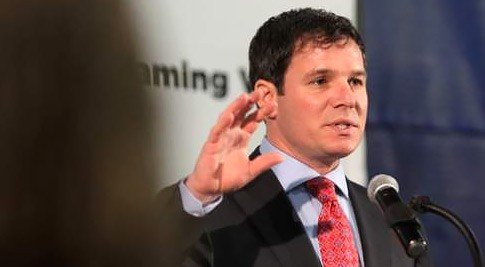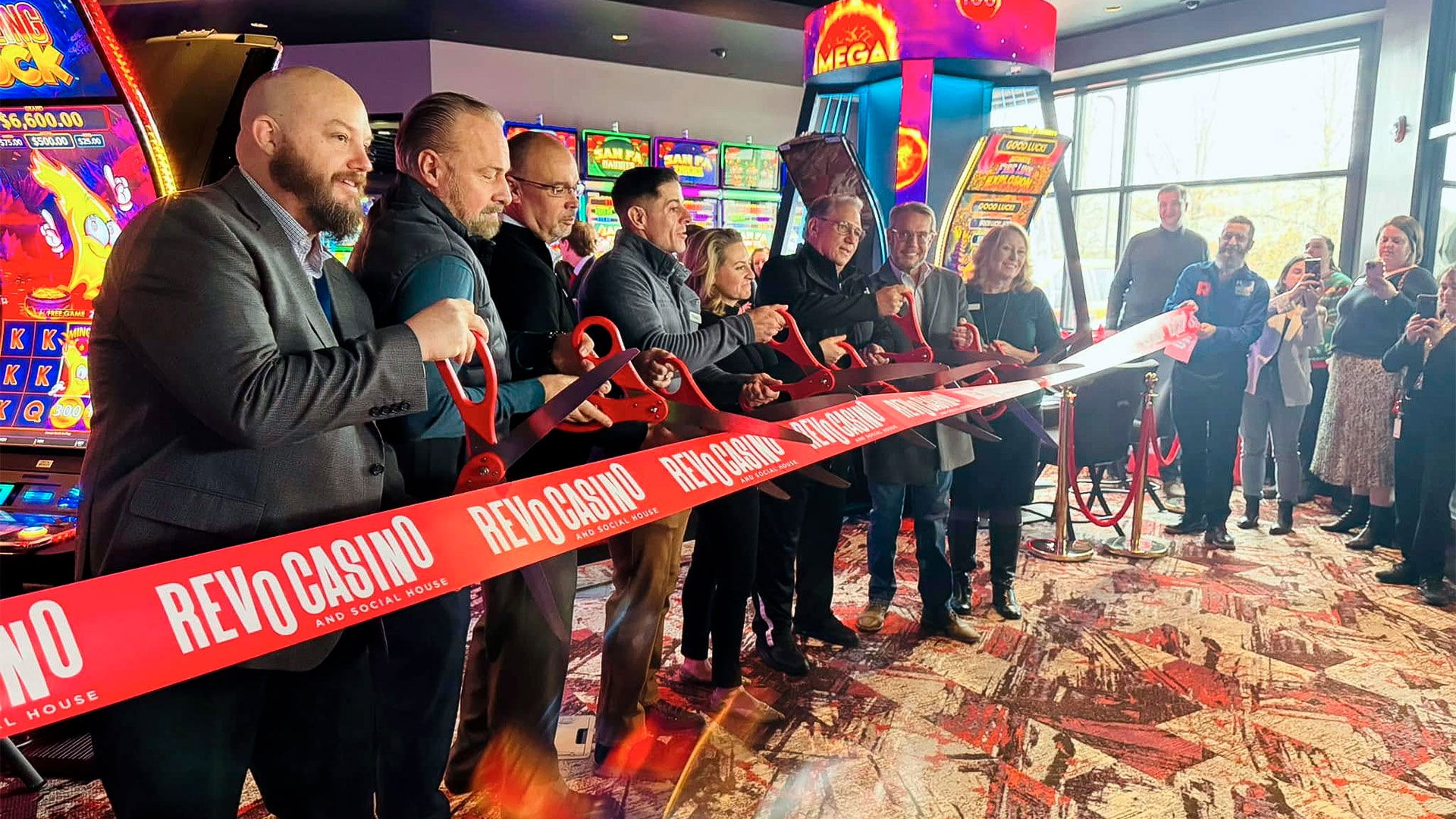AGA urges Supreme Court to consider failed, unconstitutional sports betting ban

AGA’s brief details how the failed federal ban on sports betting is funding dangerous criminal enterprises and threatening the integrity of sports. New Jersey appealed to the U.S. Supreme Court last month challenging the Professional and Amateur Sports Protection Act (PASPA), which limits legal sports betting to four states.
“As President-elect Donald Trump has acknowledged, illegal sports betting is a thriving industry,” said AGA president and CEO Geoff Freeman. “The 24-year-old federal ban –which is breathing life into a $150 billion illegal sports betting market — threatens the integrity of games, presents fundamental questions about states’ sovereignty to define their own laws and combat crime within their borders, and prevents fans from engaging with the sports they enjoy in a safe, legal way. The United States Supreme Court should consider New Jersey’s important claims and allow all states to address the serious problems associated with illegal sports betting.”
Since President George H.W. Bush signed PASPA into law in 1992, trillions of dollars have been bet on sports illegally. Annually, sports fans wager about US$ 150 billion illegally, including US$ 4.1 billion on Super Bowl 50 earlier this year. AGA estimates fans across the country will bet US$ 90 billion on NFL and college football games this season. However, US$ 88 billion – or 98 percent – of all bets will be made illegally thanks to the federal government ban.
In September, AGA released two reports on sports betting. “The Key to Sports Integrity in the United States: Legalized, Regulated Sports Betting” details how the United States would benefit from adopting an approach similar to that in the United Kingdom to allow legal, regulated sports betting in an open and transparent market to protect the integrity of sports. The second report,
“Law Enforcement Summit on Illegal Sports Betting: After-Action Report,” found that PASPA is fueling a massive underground betting market and should be repealed.
Through its “Stop Illegal Gambling – Play it Safe” initiative, the casino gaming industry is working with law enforcement organizations and agencies, including the FBI, attorneys general, district attorneys, police chiefs, sheriffs and others, to expose the growing illegal gambling market that preys on consumers, siphons tax revenues and funds violent crime – and stands in stark contrast to the legal, regulated gaming industry that serves as a community partner across 40 states. AGA is focused on five types of illegal gambling: sports betting; illicit machines; Internet sweepstakes cafes; online and often offshore wagering and animal betting.


















































